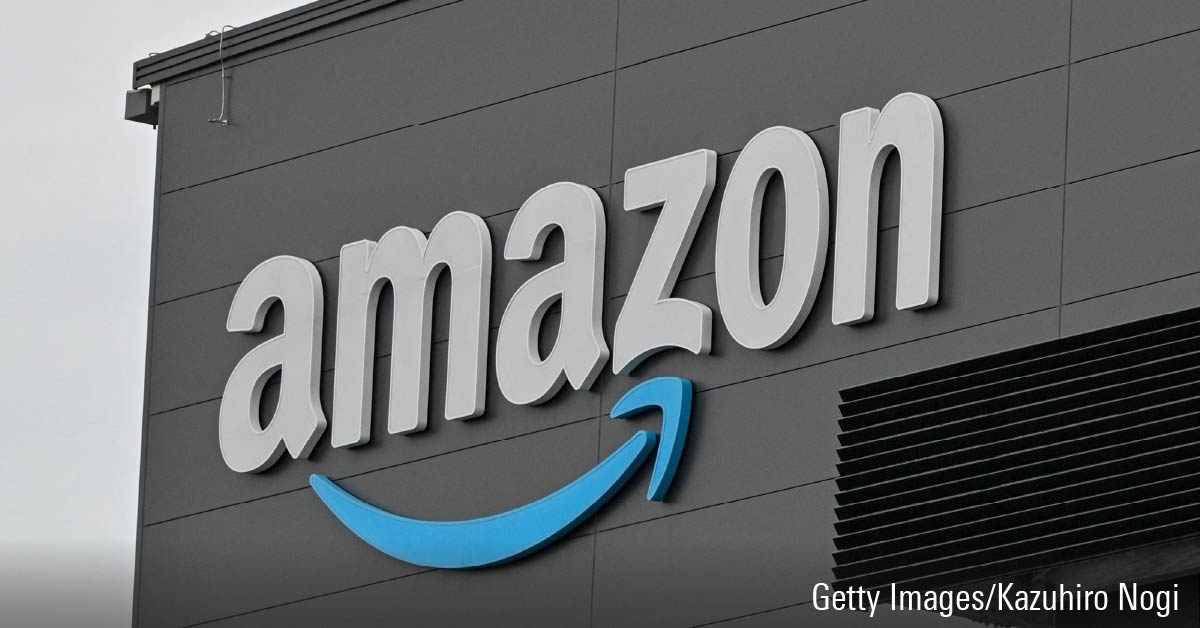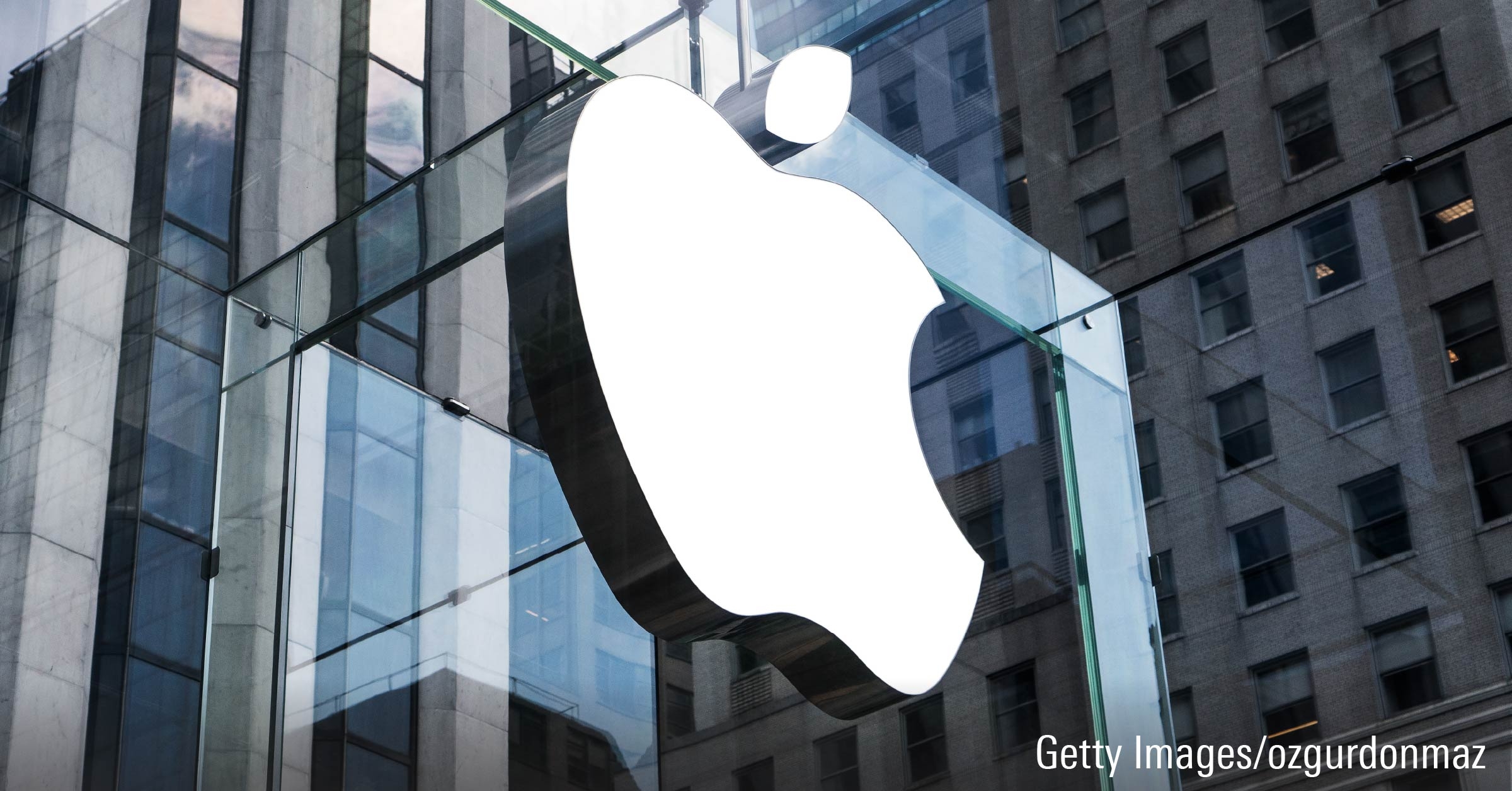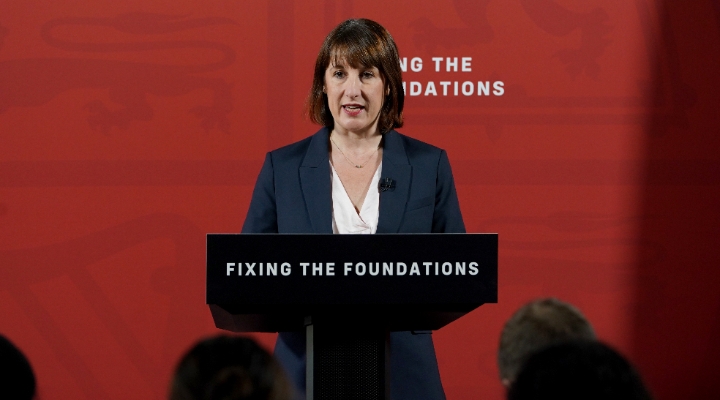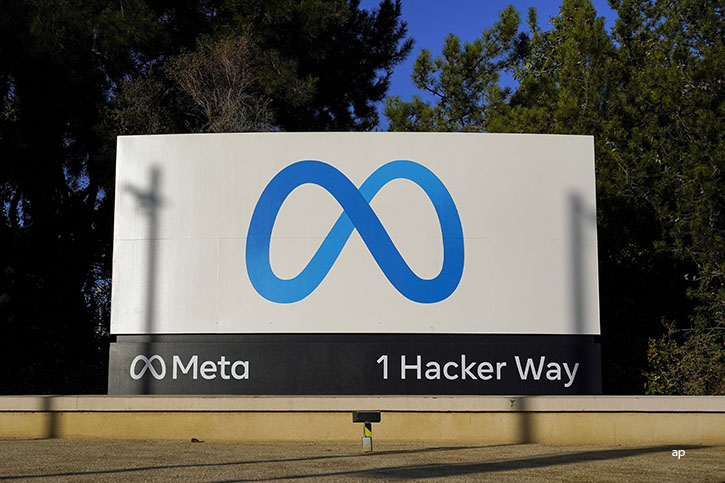Britain has dragged itself out of recession - but UK companies are still priced as if we're in trouble.
According to Mark Martin, head of UK equities at Neptune, our home-grown companies are actually cheaper than their counterparts in troubled Euro-nations France, Italy and even Spain.

Long-term investors are waking up to the growth potential and the attractive price mark of these equities, and snapping up mid-sized companies.
Since the recession, global megacaps have been quietly buying up UK based mid-sized companies - such as healthcare technology giant Alere Inc acquiring Axis-Shield, and the Korea National Oil Corporation who paid £1.87 billion for Dana Petroleum.
Mid-sized companies were the best performing sector of 2012, with mid-cap funds making up three of the top five best performing funds across the Investment Management Association universe. The sector has done well so far this year too - ![]() Netural rated Schroder UK Mid 250, managed by Andy Brough has returned 37% since January, and Axa Framlington UK Mid Cap is up 34%.
Netural rated Schroder UK Mid 250, managed by Andy Brough has returned 37% since January, and Axa Framlington UK Mid Cap is up 34%.
Investment trusts in the mid-cap space are also outperforming their large cap peers - the JP Morgan Mid Cap trust has seen its share price jump 49% this year alone.
But Martin - who runs the Neptune UK Mid Cap fund, up 25% this year - says the sector has further to go. He predicts, based on current valuations and historic ratios, that UK shares will return a post-inflation return of 7.5% next year.
"If you look at the FTSE All Share index of the past, low valuations are followed by years of outperformance. History suggests the All Share will deliver real returns of 7.5% next year," he said.
Martin said that those investors concerned the recent developed market equity rally meant no further growth was possible should consider the bond market.
"The bond market rallied for 30 years - we are just four years into an equity market rally. Far from over, this could just be the beginning," he said.
Martin, who was speaking at the annual Neptune conference last week, said the trick to stock selection was identifying certainties.
"It sounds sinister to say, but in the future more people in emerging markets will be diagnosed with respiratory disease," he argued. "It is a result of construction, cigarette smoking and obesity. Therefore I am invested in healthcare stocks such as Consort Medical (CSRT) which develops asthma and emphysema drugs."
Martin did concede that mid-sized companies were not as tolerant to risk as they used to be. In 2009, the sector was considerably cheaper and therefore its risk tolerance was high.
"My risk awareness rises as valuations rise," he said.










.jpg)




















